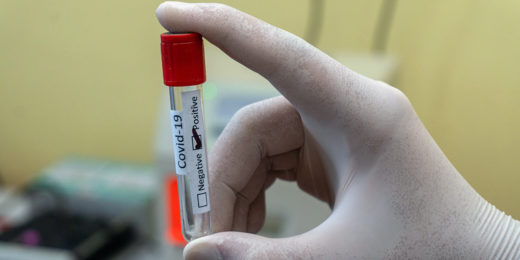Researchers analyzed how to get the optimal dose of heart medication to patients at the VA, specifically Black and Latino patients.
Month: August 2021
Stanford pediatrician answers COVID-19 vaccine questions
A Stanford pediatric infectious disease expert is highlighted in a new campaign to answer parents' questions about COVID-19 vaccines.
Study finds convalescent plasma therapy ineffective for COVID-19
A clinical trial studying convalescent plasma in COVID patients was determined ineffective by the National Institutes of Health and others.
Wildfire smoke exposure raises risk for preterm birth
Exposure to wildfire smoke increases a pregnant woman's risk of giving birth three or more weeks early, a new Stanford study found.
Preventing kids’ head injuries: Tips from a concussion expert
After a lull early in the pandemic, head injury rates for kids are ticking up again. Parents should know what to do if their child gets hurt.
Stanford medical student rows her way into the Olympics
A Stanford medical student competes in the Tokyo Olympics, becoming the first woman to represent Puerto Rico in rowing.
New approach effectively relieves chronic low back pain
Stanford Medicine researchers have developed a type of cognition-based therapy that helps address chronic low back pain.
Why some brains may be better at tracking tasks than others
Stanford Medicine researchers discovered that short-term memories are stored in “distributed” neural patterns in the brain.
Engineered tissue sent into space to test muscle loss drugs
To help us understand muscle loss as we age, a Stanford Medicine research team’s engineered tissue is sent to the International Space Station.
Protecting health care workers in low-resourced Bangladesh
Stanford Medicine scholar turns time in Bangladesh during COVID-19 into a chance to improve health worker safety in low-resources countries.
Blood test predicts chances of lymphoma relapse after therapy
Stanford Medicine Scientists have devised a blood test to predict some cancer relapses after patients have already been treated.
How students are redesigning the future of health care
Stanford students share solutions they've developed to challenging health care problems through Stanford Health Technology showcase.
Post-epidural headaches can be more serious than previously known
Stanford research shows headaches caused by epidural complications during childbirth can be more serious and chronic than previously thought.














